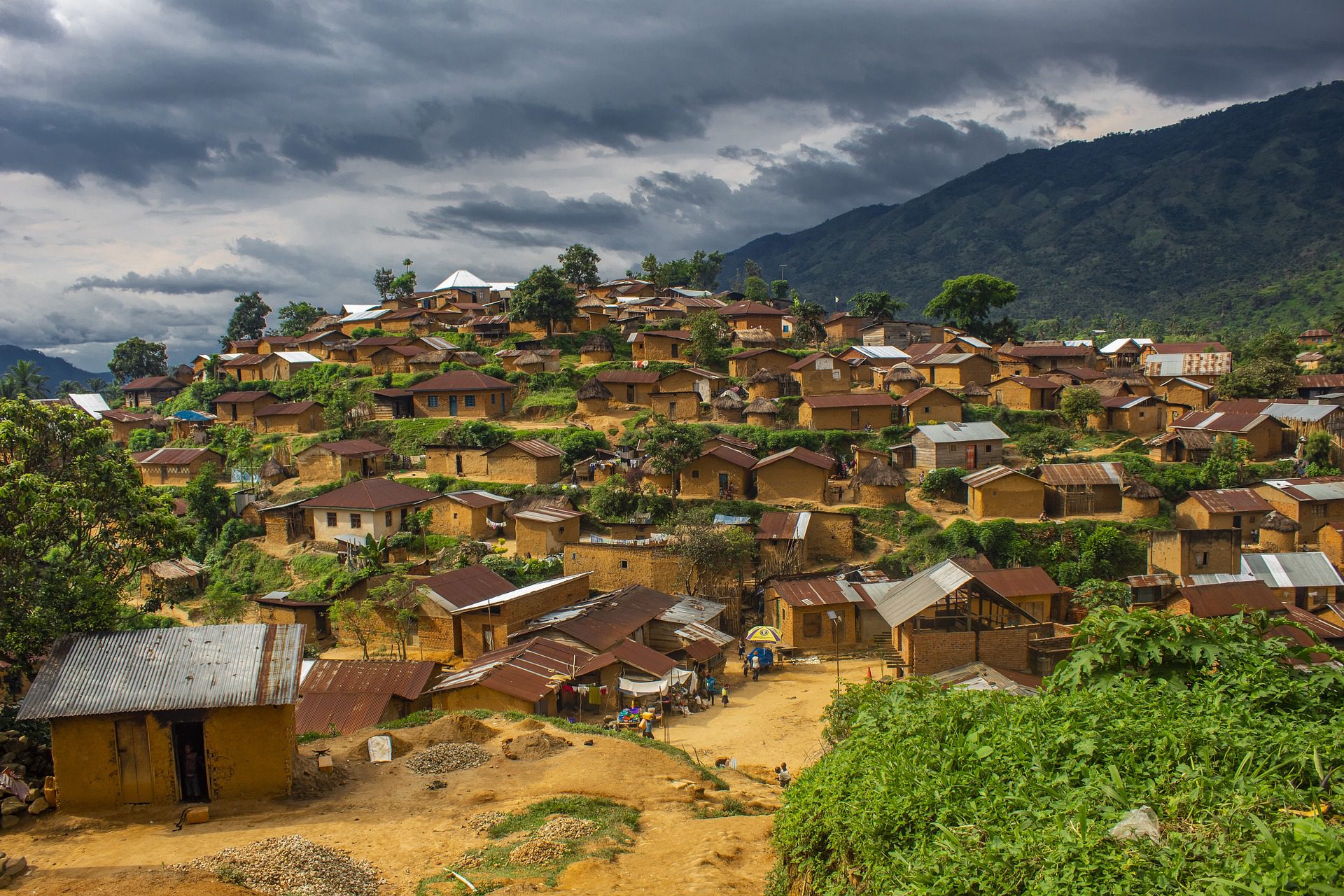
A Green Transition But At What Cost? Cobalt Mining in the Democratic Republic of Congo
Introduction
The rapid advancements in technology throughout the last decades have resulted in many people across the globe acquiring access to phones, computers, and high-speed internet. The electronics industry overall produces trillions of dollars annually. Because of the imminent threat of human-caused climate change, there has also been a shift towards green energy. Innovations such as electric cars, wind turbines, and solar panels can provide clean or renewable sources of energy. These innovations share a common factor: they rely on a mineral resource known as cobalt. This increase in demand has led to a dramatic increase in the mining and production of cobalt.
Cobalt is found in several areas of the world; however, over 70% of the world’s cobalt comes from the Democratic Republic of Congo (DRC). The DRC’s mining sector represents a key driver of global economic development, especially on the road to economic recovery from the COVID-19 pandemic. Cobalt mining is a billion dollar industry, but the mining sector in the DRC is riddled with severe human rights violations, including labor exploitation, child labor, and deadly work conditions. Cobalt mining also is having a devastating impact on public health and failing to provide meaningful economic benefits to impoverished communities in the DRC. If we examine the mining and production of cobalt, we can trace a human rights narrative seen all over the world, of colonization, exploitation, corruption, poverty, and economic dependence.
Despite these issues, hundreds of thousands of Congolese people depend on cobalt mining as a way of life. The DRC’s history was marked by violent colonial rule and genocide under the Belgium King Leopold II at the turn of the 19th century. This was followed by a difficult transition to independence due to various political crises, foreign intervention, and ethnic conflict caused by divisions put in place under colonialism. Today, foreign states as well as multinational corporations have a huge interest in the DRC and its natural resources. But they are operating under a legislative system that still reflects their colonial past, allowing for exploitative resource extraction and little to no checks on mining practices and policies.
Solutions to the human rights issues associated with cobalt mining in the DRC are anything but simple. Any practical proposal needs to consider international cooperation, regulation of private investors, the fragile political context in the DRC, and the severe economic repercussions that might result from adaptations to the industry. While many people in the West enjoy the benefits of more efficient and greener energy sources, these privileges come largely at the expense of the Congolese people. The mining industry that supplies the building blocks of clean technology are causing a crisis of modern slavery and an abundance of human rights and environmental issues in the DRC.
This report is designed to provide political, historical and human rights context for cobalt mining in the DRC. By researching and creating this report HTS hopes to help raise awareness about the current situation and foster informed dialogue on solutions that work for both the planet and the people of the DRC.
Read or download full report here.
